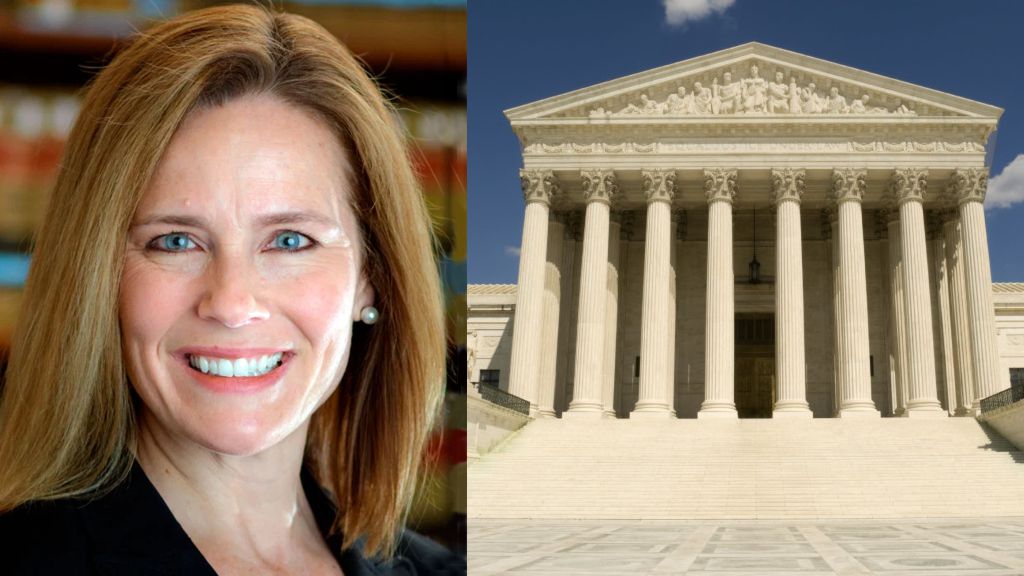The high court ruled in favor of alleged supervised release violators after a federal appeals court ruled against them.
On June 20, the Supreme Court voted 7–2 to limit the factors that judges are allowed to consider when revoking supervised release.
The court majority, which ruled in favor of alleged supervised release violators, said in the complex ruling that judges must base such decisions on reasons specifically spelled out in a federal supervised release law, as opposed to a federal sentencing law.
Two justices dissented from the majority opinion in Esteras v. United States written by Justice Amy Coney Barrett. Another two justices concurred with the majority opinion only in part.
Supervised release is a form of post-prison monitoring, similar to parole. A prisoner is released from custody, but remains under restricted freedom for a set period. During that time, the person must follow specific conditions and be supervised by a probation officer. If those conditions are violated, the individual may be sent back to prison.
The federal sentencing statute includes Section 3553(a)(2)(A) of Title 18 of the U.S. Code. The federal supervised release statute includes Section 3583(e) of Title 18.
The case concerns whether courts considering revoking supervised release should be allowed to take into account sentencing factors, such as retribution, that are not enumerated in the supervised release law.
Five federal courts of appeals had previously held that federal district courts are allowed to look at the so-called retribution factors identified in the sentencing statute, but four courts of appeals ruled they may not.
The retribution factors in the sentencing law include the need for a sentence to reflect the seriousness of the crime, promote respect for the law, and render just punishment for the crime.
During the oral argument on Feb. 25, Christian Grostic, the attorney for the lead petitioner, Edgardo Esteras, said judges should not be permitted to take into account the seriousness of the initial conviction when deciding how to punish an individual who violates supervised release rules.








